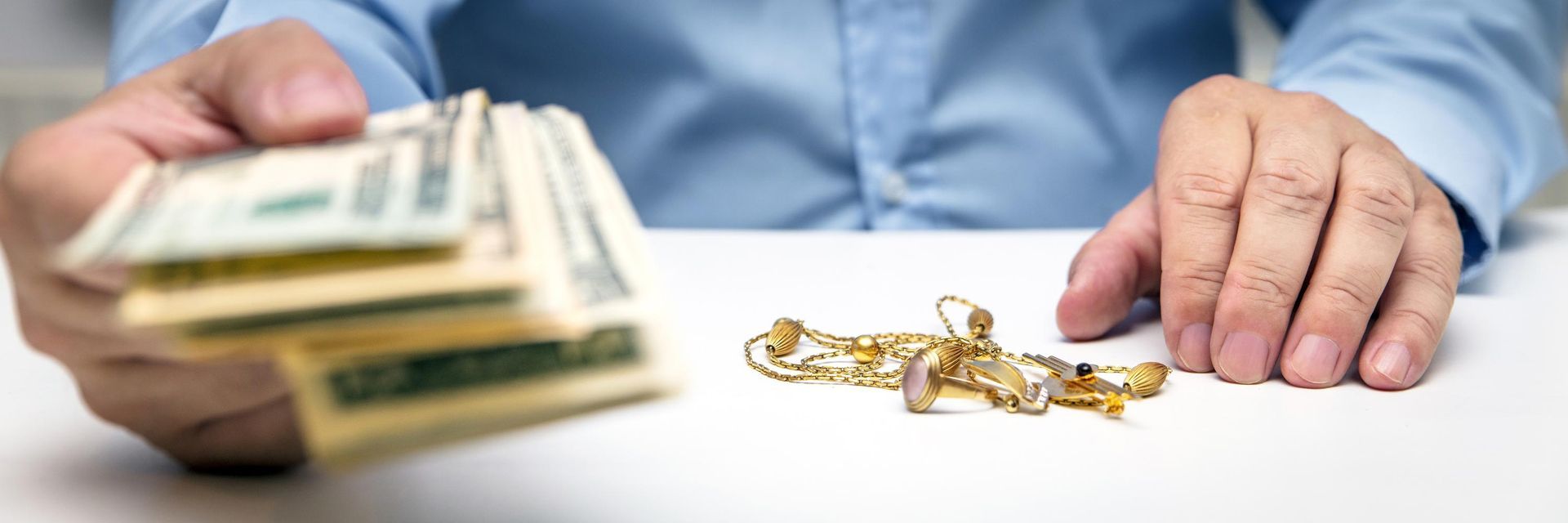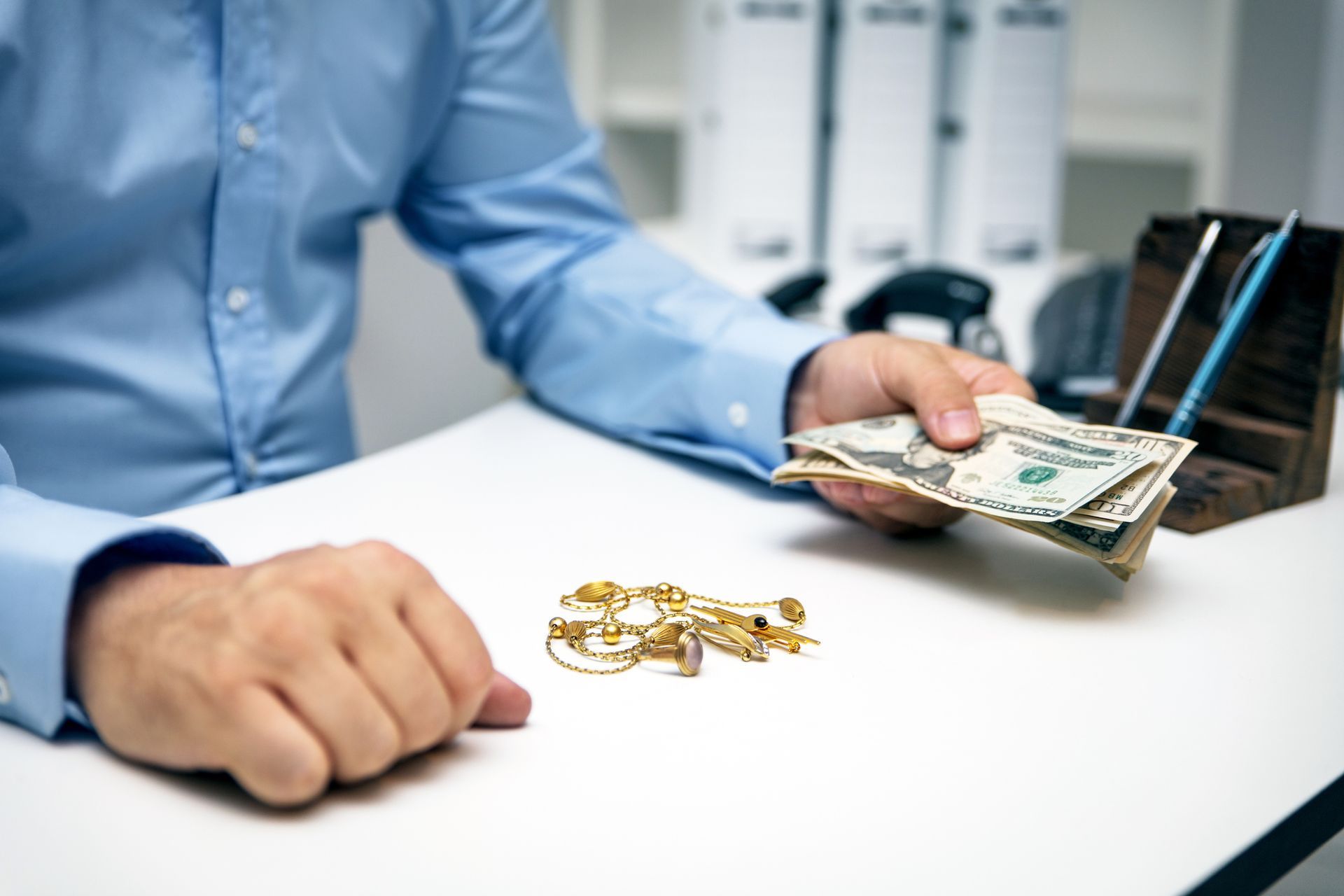How Do Pawn Shop Loans Work?
Pawn shops, title lenders, and payday lenders all offer loans to borrowers who may not have access to other loan options. While pawn shop loans have interest rates that vary by state, the average annual percentage rate is usually around 200%. This blog post discusses how pawn shop loans work.
Pawn Shop Loans Procedure
When you want a pawn shop loan, you will identify something to leave as collateral. The pawn shop will assess the value of the item and resale potential before deciding to provide a loan. You often get different offers from different pawn shops, but the average amount is typically 60%of the resale value. Since offers from different pawn shops can vary greatly, shop around and get several offers.
Pawn shops accept many items as collateral, provided that the item has value. For example, you can use a ring, guitar, and household electronics as collateral. Also, pawn shops will accept musical instruments. Jewelry items also sell quickly in any pawn shop. Pawnbrokers often prefer small items because storing small items is easy. However, pawn shops can also accept larger things like cars.
Once you repay the loan together with interest, you will get the item back. If you fail to repay the loan, the pawn shop will sell it to recoup the money.
Pawn shops will ask for proof of ownership before accepting your item. Usually, the pawn shop will ask for a government-issued ID or driver's license. You may also have to provide receipts of ownership to confirm when and where you bought the item. If the pawn shop is satisfied with the documents, you will receive a ticket.
The ticket contains critical information about the loan and pawned item. Some information includes loan duration, item collection date, and associated fees. Loan duration varies, but the standard is usually 30days. Some brokers can increase the loan duration but charge extra fees and interest.
Pawn Shop Loan Regulations
A pawn shop is not a bank, credit union, or brokerage firm. However, the pawn shop can offer loans and charge interest. Thus, the pawn shop must follow the same federal and state laws as other lending institutions.
Federal law requires pawn shops to adhere to the Truth in Lending Act and Equal Credit Opportunity Act. The pawn shop must also handle data according to the Data Privacy and Safeguard of Consumer Information rules. Similarly, for the pawnshop to operate, it must officially register with the relevant state agency. Each state has different laws on how pawn shop loans work.
Pawn Shop Loans Benefits
Both the borrower and the pawn shop stand to benefit from the arrangement. For the borrower, the main benefit is quick access to a small amount of cash. You can access the loan even if you have a poor credit score. And if you fail to repay the loan, the worst that can happen is you lose the pawned item.
The pawn shop also benefits from providing the loans. The shop will typically charge a high-interest rate within a short duration. When people fail to repair the loans, the pawn shop can sell the item for an even bigger profit. Also, running a pawn shop does not require specialized accounting and legal skills.
Get Quick Loans
If you have an item of value and need quick cash, 2 J's Pawn & Gun will give you a loan at affordable interest rates. We can also buy the item from you for quick cash. Furthermore, you can browse our extensive collection of jewelry, guns, and other items to purchase. Contact usfor more information today.









